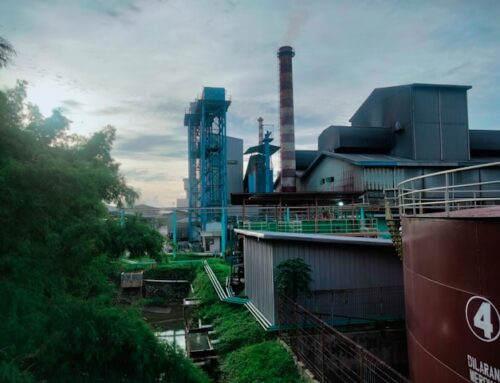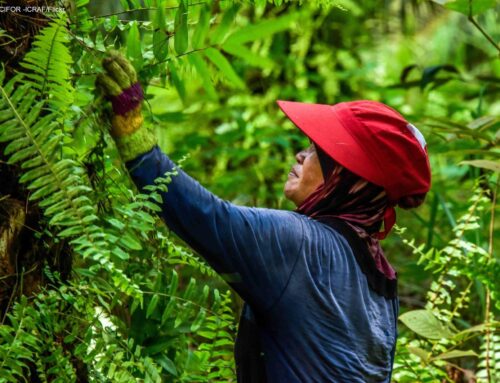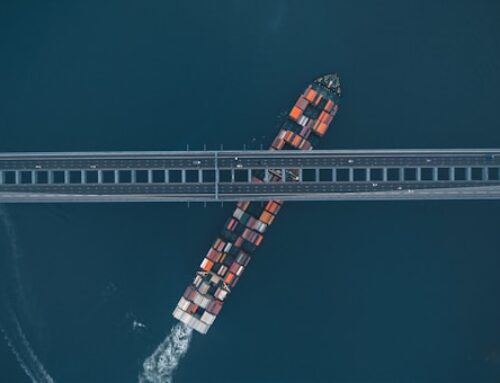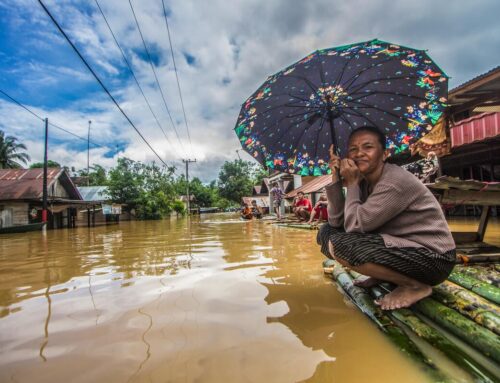Indonesia menghadapi berbagai tantangan dalam penyediaan pangan bagi penduduknya. Tantangan tersebut antara lain pertumbuhan penduduk yang masih cukup tinggi, perubahan iklim dan ketersediaan lahan.
Topik seminar FKP ini adalah produktivitas pertanian padi yang merupakan pangan utama bagi rakyat Indonesia. Peningkatan produktivitas diperlukan untuk mencukupi kebutuhan pangan, namun di lain pihak, peningkatan produktivitas perlu dilakukan dengan memperhatikan keberlanjutan ekologis dan ketahanan terhadap perubahan iklim.
Acara akan berlangsung secara hybrid dalam Bahasa Indonesia dengan tuan rumah WRI Indonesia dan Koalisi Sistem Pangan Lestari (KSPL).
Tanggal dan waktu: Jumat, 3 Mei 2024 jam 09.00-11.30 WIB (hybrid dalam Bahasa Indonesia)
Tempat: WRI Indonesia, Gedung Wisma PMI Lantai 3, Jl. Wijaya I No. 63, Petogogan, Kebayoran Baru, Jakarta Selatan
Registrasi: klik di sini
Abstrak. Rice self-sufficiency is central to Indonesia’s agricultural development, but the country is increasingly challenged by population growth, climate change, and arable land scarcity. Agroecological nutrient management offers solutions though optimized fertilization, enhanced organic matter and biofertilizer utilizations, and improved farming systems and water management. Besides providing enough nutrients for crops, the agroecological approach also enhances resilience to climate change, reduces the intensity of greenhouse gas emissions, and improves the biological functions of rice soil. Organic and bio fertilizers can reduce the need for chemical fertilizers.
In this seminar, the study authors will present the result of a literature review of paddy field nutrient management systems, linking them with agroecological principles. It provides an overview of paddy field nutrient status and fertilization and discusses the enhancement of agroecological functions resulting from agroecological nutrient management practices. Additionally, the authors will also offer a brief scenario analysis regarding closing the yield gap, controlling paddy field conversion, and implications for rice self-sufficiency until 2050, including calculations for national rice consumption and land conversion rates. This study is relevant not only for Indonesian conditions but also for other countries where lowland rice constitutes a significant agricultural system.
Slides and video for past seminars:




